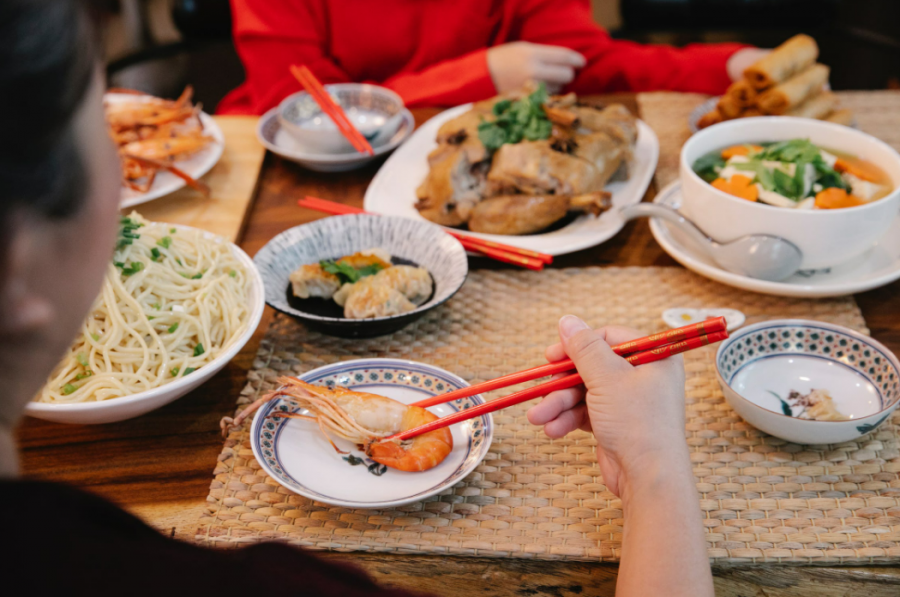As parents, we want our children to have the fullest life possible. This includes exploring the corners of the beautiful planet and learning about other cultures and people. However, travelling gets expensive, especially for children who may not fully grasp the richness of the experience. That’s why it’s smart to figure out fun ways to expose your children to new ideas and cultures at home.

Food
Children can learn about new cultures by trying new foods and making them a part of a regular diet. Start simple with fried rice and tacos. Graduate to new items on the menu after they show an interest in those foods. As the children get more familiar with foreign cuisine, continue to branch out and explore the world with your taste buds.
Cultural Toys
Every culture has toys or games that don’t find massive success on the international market. However, they become a part of native children’s childhood memories. Let your children enjoy the same toys.
One common cultural toy to give your child is Russian matryoshka dolls. These nesting dolls provide entertainment for young ones and fascinating trinkets for older children. Your children may even learn a thing or two about Russia while playing with them.
Books
Books flesh out different cultures in a way that food and toys simply can’t do. Your child can read a book to learn about another child’s experience in a different part of the world. They can learn about history and culture, and, arguably more important, they can learn about empathy. All you need to do is research online a bit to find a wide assortment of options. Find a book for the appropriate age group and read it together.
Friends
Often unconsciously, people tend to surround themselves with those who they see as being most similar to them. However, expand your social group whenever possible. Invite people of other cultures to your home to allow your child to interact with them in person. Even consider hosting a celebration for a foreign holiday to add some fanfare to the experience. Your child will learn about that person’s home country, but they will also learn that people from other countries are friends, neighbors, and, well, people. Encourage questions about their culture while also using it as an opportunity to teach cultural sensitivity and appropriateness.
The world has so much more to offer than what we see in our hometowns. It’s important to teach children this at a young age. These suggestions can give your child the appreciation for people different from themselves that can help make the world a better place.